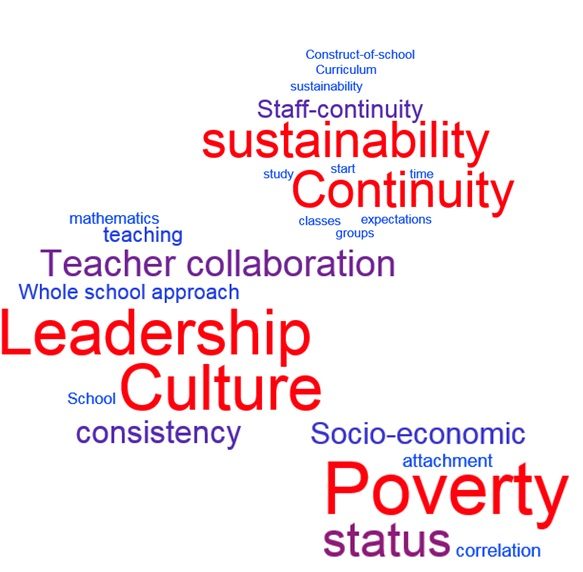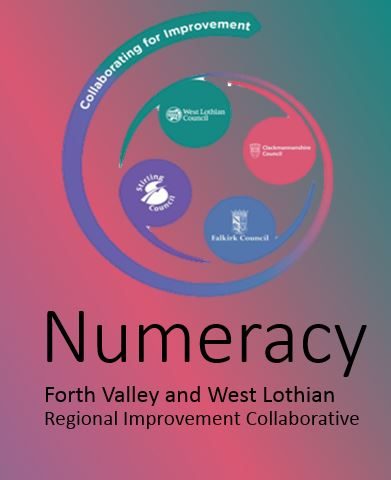Aims of the Event
The purpose of this event was to bring together practitioners from every school and educational establishment in Clackmannanshire, Falkirk, Stirling and West Lothian. This was to provide an opportunity for participants to find out more about the progress of the RIC, new projects and opportunities that are being developed with a focus on the emerging agenda of empowerment and equity in Scottish Education. This was an opportunity to engage with colleagues in a collaborative way, working together and learning about the progress being made to close the attainment gap.
Opening address
FV & WL RIC Lead: Dr Elaine Cook, Depute Chief Executive Officer, West Lothian
Thanks to pupils from Larbert High School for creating this video
 Click on the following link for the PowerPoint presentation giving an overview of the day Overview-of-the-day-29-May-2019
Click on the following link for the PowerPoint presentation giving an overview of the day Overview-of-the-day-29-May-2019
Workshops
Numeracy – Research based interventions to close the poverty related attainment gap – the FV & WL RIC Numeracy Leads (Peter Valentine, West Lothian, and Lynne McBain, Clackmannanshire) share the rationale and content of the RIC Numeracy plan including the new RIC Numeracy Academy. A carousel showcasing some of the numeracy interventions which practitioners could be trained in for example, using manipulatives in the senior phase; the RIC Rekenrek project; the power of effective number talks.
Thanks to pupils from Larbert High School for creating this video
 Click on the following link for the Numeracy PowerPoint presentation Numeracy-1
Click on the following link for the Numeracy PowerPoint presentation Numeracy-1
Literacy – The FV and WL RIC Literacy team share the work of each of the sub group projects and consult practitioners to identify next steps. A carousel of project initiatives to engage with will be on offer: ELCC vocabulary and sharing the QA framework; The RIC CLPL pack on moderating reading for early to fourth level; sharing the programme and examples of practitioner enquiry into developing a reading culture network; using HGIOS 4 toolkit to evaluate and reflect on current reading practice and next steps into accreditation.
Thanks to pupils from Larbert High School for creating this video
 Click on the following link for the Literacy Early Vocabulary PowerPoint Presentation Literacy-Early-Vocabulary
Click on the following link for the Literacy Early Vocabulary PowerPoint Presentation Literacy-Early-Vocabulary
 Click on the following link for the Literacy Building a Reading Culture PowerPoint presentation Literacy-Building-a-Reading-Culture-1
Click on the following link for the Literacy Building a Reading Culture PowerPoint presentation Literacy-Building-a-Reading-Culture-1
 Click on the following link for the Literacy Champions PowerPoint presentation Literacy-champions
Click on the following link for the Literacy Champions PowerPoint presentation Literacy-champions

Performance Analysis – Lead: Michael Davies (West Lothian) -this workshop shared the structure and work of the Regional Performance Team. Additionally sharing some examples of best practice around use of data and performance information within each Local Authority. The key aim of the group is to develop the use of data analysis, focusing on data for improvement, by practitioners at all levels across the Collaborative. There were also be opportunities for Practitioners to discuss and share current challenges and opportunities that they face around use of data. Gathering views on the day will shape the work of the Regional Group, especially their input into the CLPL plan. Topics that will be highlighted: Tracking & Monitoring; Standardised Assessment results data (eg.SNSA); BGE Benchmarking Tool; Insight (Senior Phase Benchmarking Tool); Scottish Index of Multiple Deprivation; Additional Support Needs
Click on the following link for the Performance & Improvement PowerPoint presentation by Michael Davis RIC-Performance-Improvement
CLPL – Lead: Stefan Wyroslawski (Stirling) – why is a CLPL programme essential for schools? What are the challenges and opportunities raised by andragogy and heutagogy? How can we leverage expertise in our regional collaborative and in what ways can we facilitate the co-creation of sustainable regional CLPL opportunities? How will we know when we have been successful? In this workshop we shared the 2019-2020 FV&WL RIC programme and co-created responses to these questions which will inform our future planning. We investigated the questions above and collectively take responsibility for moving the vision forward.
Thanks to pupils from Larbert High School for creating this video
 Click on the following link for the CLPL PowerPoint presentation CLPL-workshop
Click on the following link for the CLPL PowerPoint presentation CLPL-workshop
Early Learning & Childcare – Lead: Judy Edwards (Stirling) – this workshop shared the work of the ELCC group, showcasing some examples of good practice and highlighting next steps. Opportunities to hear examples of good practice across the Collaborative including the work of the 2 centres of innovation in our collaborative. The 4 examples of good practice are: CENTRE OF INNOVATION – Building the Ambition at Bowhouse Early Learning and Childcare in Falkirk; CENTRE OF INNOVATION – ‘Wee Scones Cafe’ at Menstrie Nursery Class in Clackmannanshire; Literacy – led by Stirling Council; Language is fun Together (LIFT) and the development of a self-evaluation tool to support this work; Bedtime Story initiative at Croftamie Nursery; Phonological Awareness Programme; It’s a Good Time to be Two – led by West Lothian Council.
Thanks to pupils from Larbert High School for creating this video.
 Click on the following link for the Early Years PowerPoint presentation Early-Years
Click on the following link for the Early Years PowerPoint presentation Early-Years
Developing the Curriculum – Lead: Stefan Wyroslawski (Stirling) – a curriculum is designed to help children and young people gain the knowledge, skills and attributes needed for life in the 21st century, including skills for learning, life and work. In this workshop we considered the opportunities we have as a regional collaborative to co-create content-rich learning experiences and curricular pathways. How can we enhance outcomes for our young people? Discussions centred around the BGE as well as the senior phase. We also took into account our unique setting in Forth Valley & West Lothian, considering what we can do to take responsibility for curriculum development in our contexts, with input from regional our colleges and university.
 Click on the following link for the Curriculum Development PowerPoint presentation Curriculum-Development
Click on the following link for the Curriculum Development PowerPoint presentation Curriculum-Development
Teacher agency: what is it … and [importantly] how do we develop it?
 Professor Mark Priestley, Professor of Education, University of Stirling
Professor Mark Priestley, Professor of Education, University of Stirling
“Modern curricula, such as Curriculum for Excellence, require teachers to be active curriculum makers. Recent discussions about empowering schools and teachers in Scotland have reinforced these expectations on teachers.
Such talk is premised, implicitly at least, on assumptions that teachers are able to be agentic in their professional work, and the term ‘teacher agency’ has become commonplace. Nevertheless, teacher agency is often poorly
understood and weakly conceptualised. In this presentation, these issues are explored starting with an overview of an ecological understanding
of teacher agency as something which is achieved, rather than something innate to individuals. How teacher agency (in relation to curriculum
making) is achieved, focuses on three dimensions: 1) individual, including conceptual development about the curriculum; 2) cultural, for example, collective beliefs about the role of schools; and structural, for instance relational resources afforded by networks in schools.”
Click on the following link for the PowerPoint presentation by Mark Priestley Teacher-Agency-Mark-Priestley
Professional Collaboration
Professor Andy Hargreaves, Research Professor, Boston College. Adviser in Education to the First Minister of Scotland
“The evidence for professional collaboration is now overwhelming. Teachers will do better and schools and their students will do better
if teachers and schools share ideas, support each other when they are facing a difficult challenge, and take collective responsibility for improvement and change. Whether teachers should collaborate is no longer an issue. The key question now is what are better and worse ways to collaborate? How
do leaders design collaboration? What do we know about the respective merits of professional learning communities, learning walks, or school networks, for example? How do school leaders take promising designs from one place and use them effectively in another? Scotland is at a key moment in really developing a strong culture of teaching that is inspiring, supportive and effective. Drawing on his new book about 5 different
designs of collaborative professionalism, Andy Hargreaves set out the possibilities and practicalities of designing collaboration so it is
productive for students and empowering for teachers.
 Click on the following link for the Professional Collaboration PowerPoint presentation by Andy Hargreaves Professional-Collaboration-Andy-Hargreaves
Click on the following link for the Professional Collaboration PowerPoint presentation by Andy Hargreaves Professional-Collaboration-Andy-Hargreaves
Panel forum with key note speakers
Mr John Swinney, Deputy First Minister of Scotland, Cabinet Secretary for Education & Skills
Reflections
Dr Elaine Cook
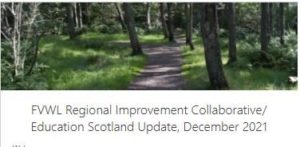







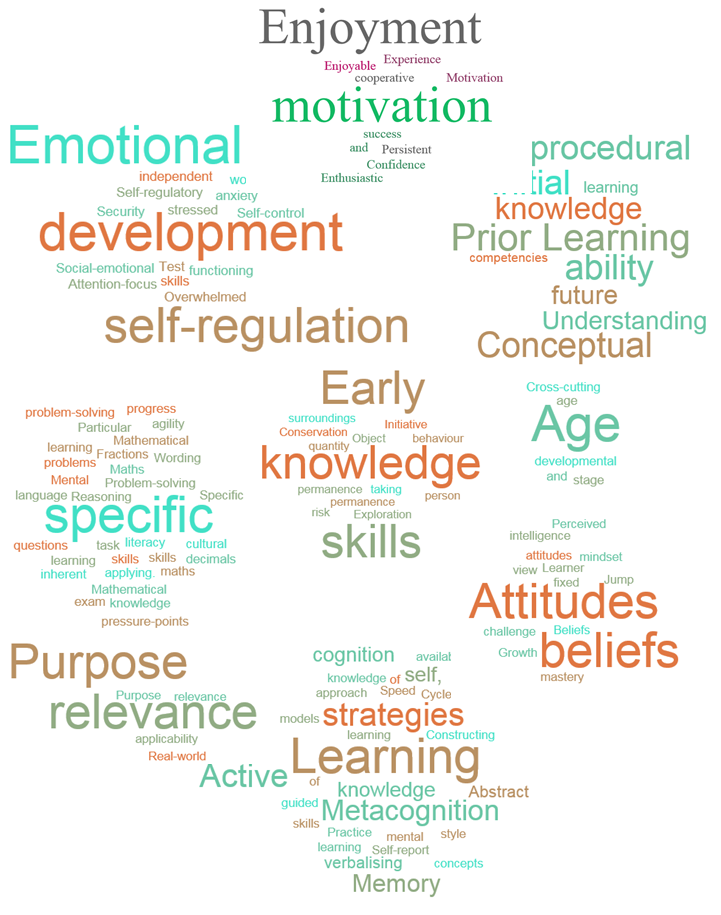
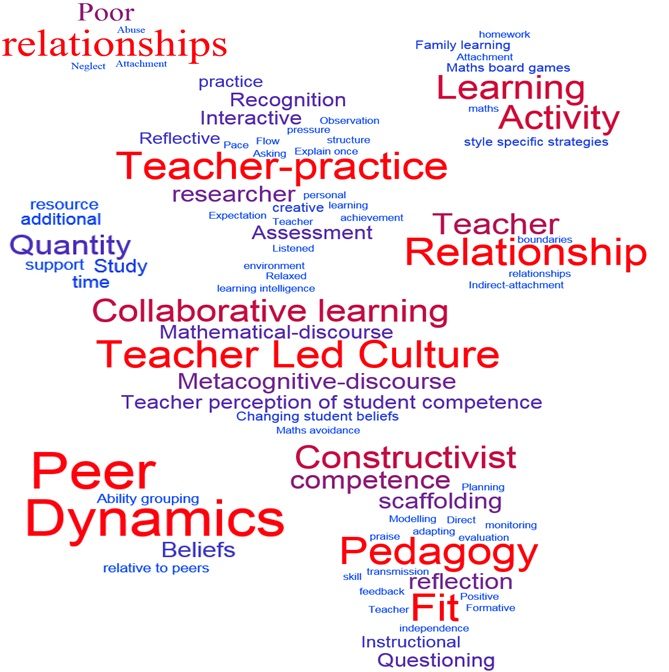 Contextual factors
Contextual factors